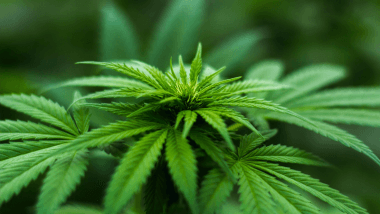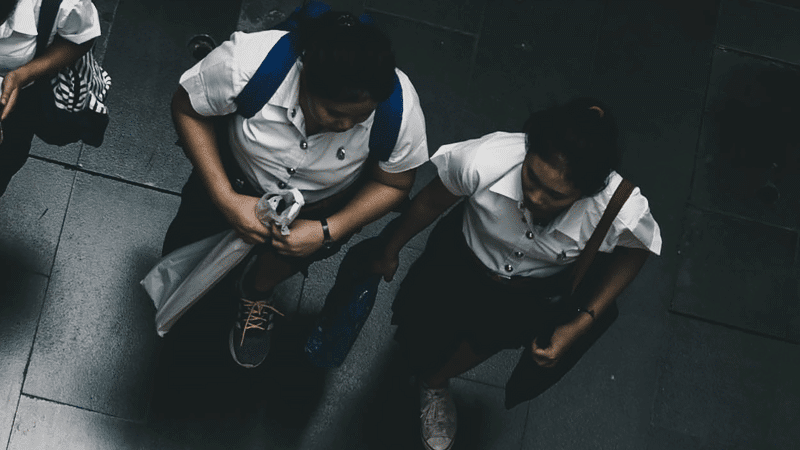Teachers have reported that pupils are using illegal and harmful drugs in school, a survey has revealed.
According to a NASUWT survey of nearly 4,000 teachers, 19 per cent are aware of pupils using cannabis on school premises. Other drugs reportedly being used by pupils while at school include ketamine, cocaine, and the ‘zombie drug’ spice.
Gambling is also thought to be a problem, with at least one in five teachers believing that pupils are using gambling websites and apps within or outside of school.
Detrimental impact
Matt Wrack, NASUWT Acting General Secretary, said illegal drugs and harmful activities were behind behavioural problems and a “lack of focus and interest in learning”.
Teachers told researchers that children “are being introduced to the idea that drug-taking is cool and harmless”, that they have become “volatile and disconnected”, and that they show a “lack of ambition”.
One teacher said pupils “tend to present as disengaged from school once they become habitual or heavy users of cannabis or alcohol”.
Another said: “The gambling issue seems to fly under the radar a lot but it’s a very real concern, especially for the post-16 students. Some are not sleeping and instead gambling all night and come into school half-asleep.”
Growing problem
In 2023, Edinburgh Council revealed that scores of local children had been excluded from school due to “substance misuse”.
A response to a freedom of information request published on the Council’s website showed that 49 children aged 9-16 were sent home by their schools for drugs between 2021 and 2023.
It also reported that the number of children excluded from school after being found under the influence of, or in possession of, “illegal substances/drugs” more than doubled between 2019-21 and 2021-23.
The Gambling Commission estimates that problem gambling among children aged 11-18 doubled between 2023 and 2024 – equating to around 85,000 young people nationwide.

Sadiq Khan backs latest call to decriminalise ‘harmful’ cannabis
Belfast Mayor backs ‘shooting galleries’ and legalising cannabis

